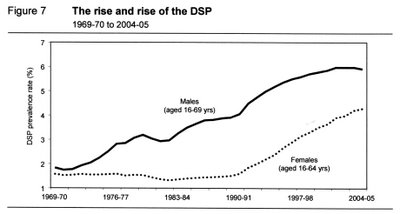 Yesterday Andy Tookey took his daughter to Parliament with a 1600 signature petition. They appeared before the Health select committee to promote Jackie Blue's Human Tissue (Organ Donation) Amendment Bill which seeks to prevent family members overriding the wishes of those who have indicated they want to be donors.
Yesterday Andy Tookey took his daughter to Parliament with a 1600 signature petition. They appeared before the Health select committee to promote Jackie Blue's Human Tissue (Organ Donation) Amendment Bill which seeks to prevent family members overriding the wishes of those who have indicated they want to be donors.Last night I caught a snippet of Tariana Turia addressing Mr Tookey, whose daughter will need a liver transplant by age 10. Her words went something like, you seem to have no regard for Maori cultural sensitivity...and spirituality. Mr Tookey more or less nodded his agreement.
Here is a man fighting for his daughter's life and Turia is banging on again about Maori cultural sensitivity.
This is what she previously said about the bill, which the Maori Party will not support;
Many Māori are uncomfortable with organ donation following death. The tüpāpaku is tapu. To interfere with it in any way is abhorrent to our
culture.
Many Maori are in need of organs. If a family member wishes to donate one is that taboo? Would they turn down a Pakeha organ? Does Tariana really speak for all Maori?
If an individual wants to donate their organs NOBODY has the right to override their wishes.
I apologise in advance if I have offended some readers for not showing regard for Maori cultural sensivity. My values are respect for the wishes of the individual and the preservation of life.



















